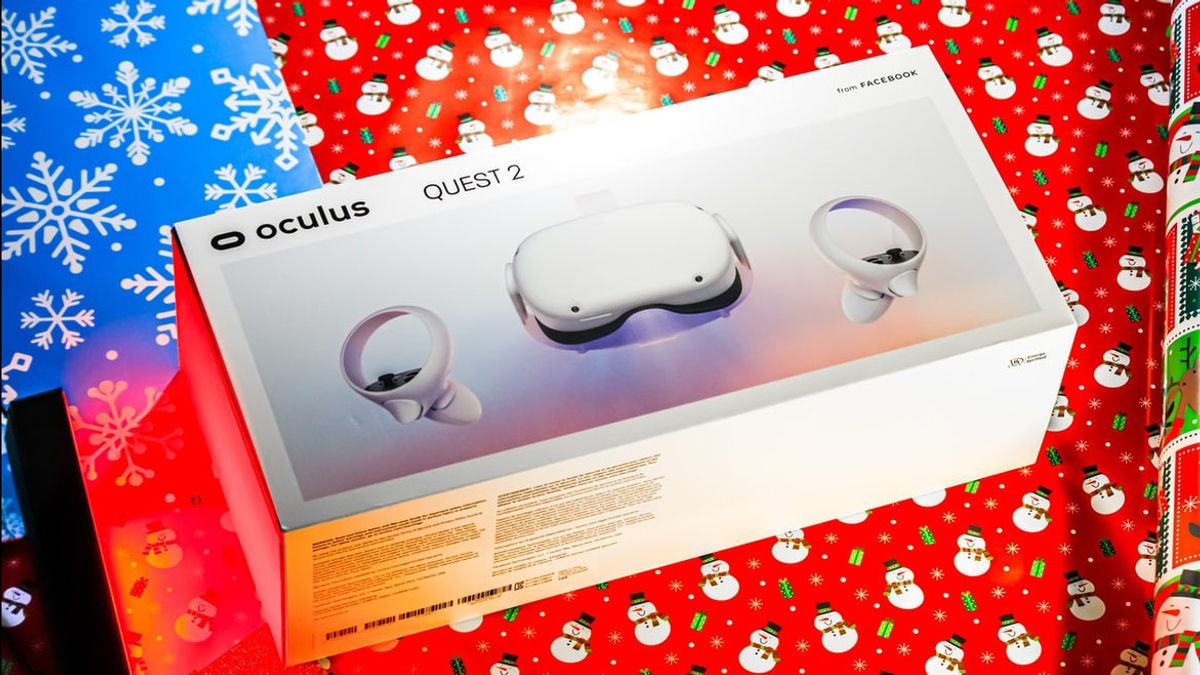JAKARTA - Technology that combines the virtual and physical worlds could become a reality for consumers in the next few years. This is what Facebook's owner, Meta Platforms Inc., told the ad agency providing further details on his vision for the creation of the metaverse.
Mixed Reality (MR) technology allows a person wearing an MR headset to use real-world objects to trigger virtual reactions, such as hitting a video game character with a real-world baseball bat, for example.
It is one of three types of expanded reality technology that is often associated with the metaverse. Augmented reality exists, with mobile games like Pokemon Go, but players cannot influence the digital world with physical objects. Virtual reality headsets, such as Meta's Oculus, immerse users into a completely virtual world where they can interact with the environment.
The comments from Meta came on a Zoom call with ad agencies on Thursday, February 17 that was scheduled to help advertisers better understand the metaverse, said an agency executive who attended the call. It was Meta's first roundtable discussion with the agency about the metaverse.
The mixed reality forecast a few years away brings additional detail to the timeline of building the metaverse, the futuristic idea of a network of virtual worlds accessible from different devices, which Meta says could take a decade to build.
Several mixed reality headsets are available, but not yet aimed at the general consumer. Microsoft HoloLens 2, introduced in 2019, retails for $3,500 and is intended for workplace use.
VOIR éGALEMENT:
At its annual Connect conference in October, Meta announced Project Cambria, a headset that will feature mixed reality capabilities and include face and eye-tracking. The headset is expected to be released this year.
Meanwhile, Meta is continuing with advertisers to experiment with augmented reality ads, such as photo and video filters that suggest overlaying digital images into the real world, ad agency executives said. The comments repeated the tone of Meta at the ad industry conference.
Meta says brands can partner with content creators on AR ads or use the technology for virtual apparel trials.
The agency's roundtable had no details on what ad formats could be created for the metaverse, or what specific controls would be in place to prevent brands from appearing next to inappropriate content or actions, agency executives said.
Advertisers are also looking for details on how the effectiveness of their ads in the metaverse will be measured, and will ask "what do I get for my money?" said the executive.
The English, Chinese, Japanese, Arabic, and French versions are automatically generated by the AI. So there may still be inaccuracies in translating, please always see Indonesian as our main language. (system supported by DigitalSiber.id)













